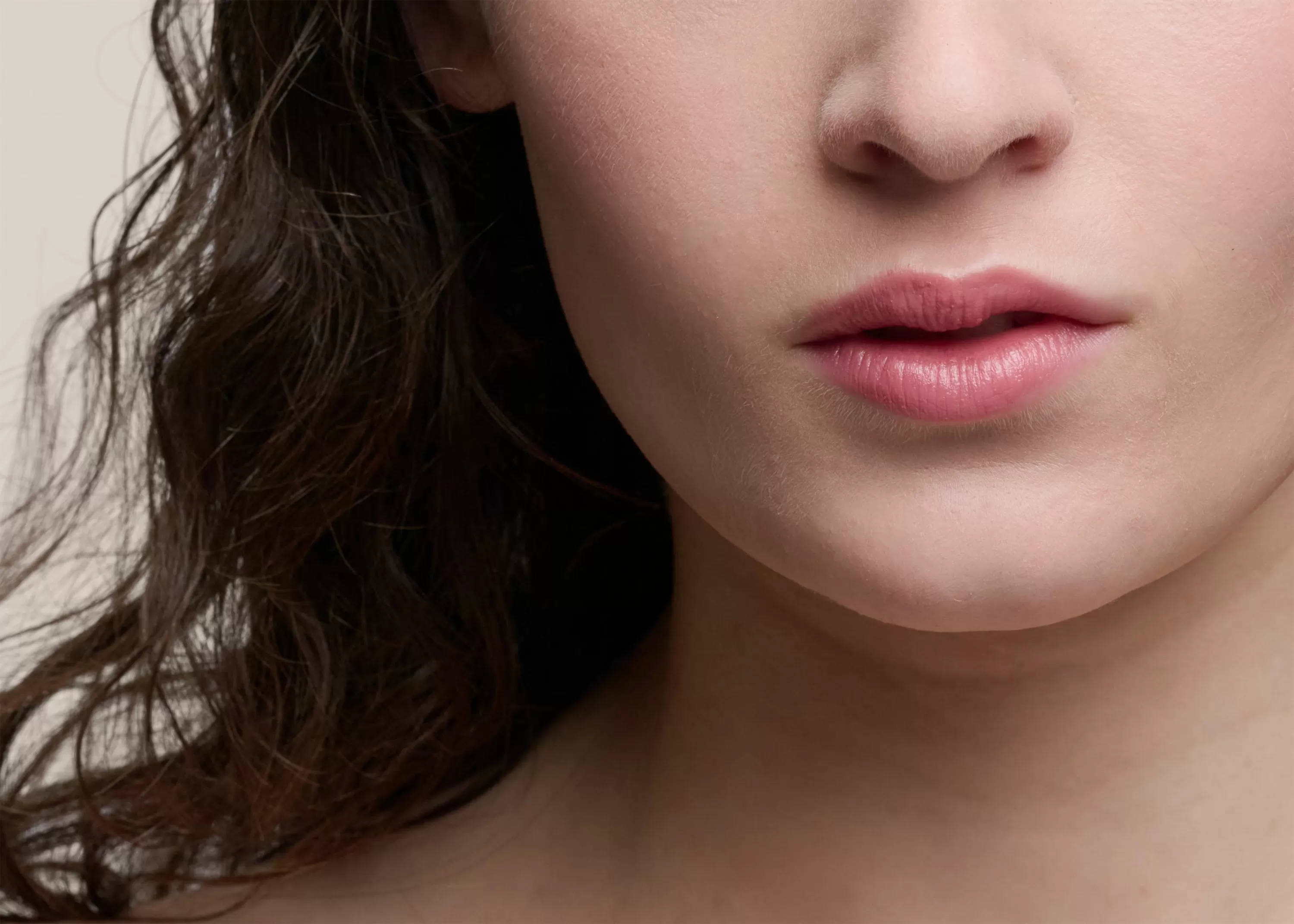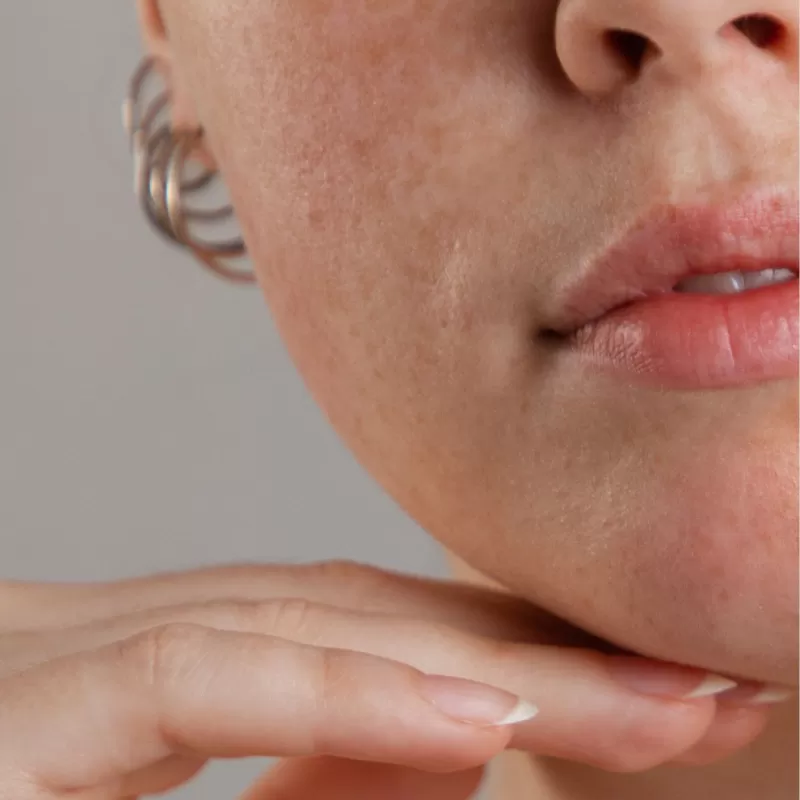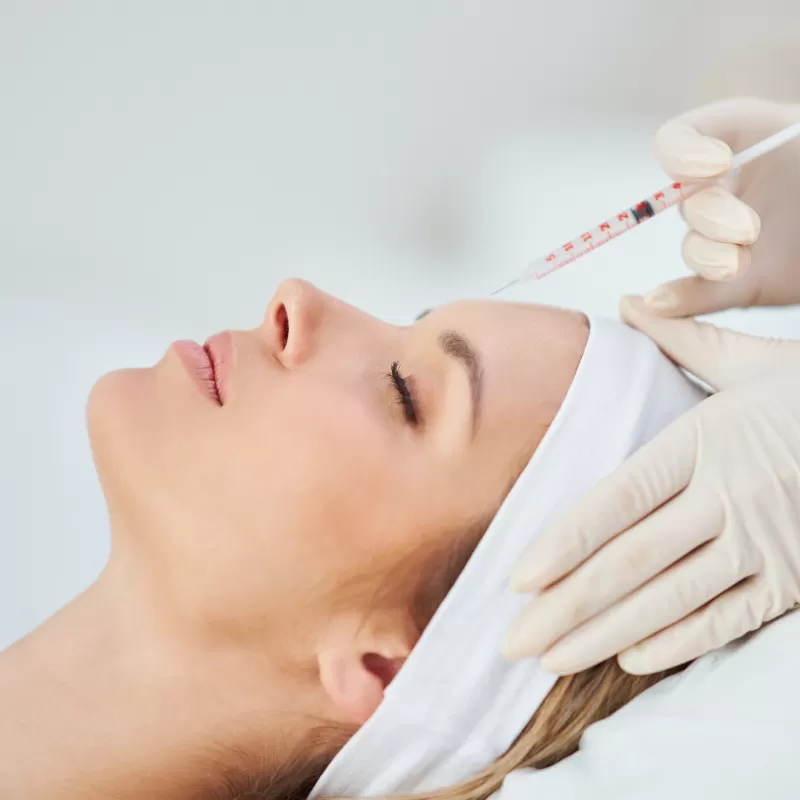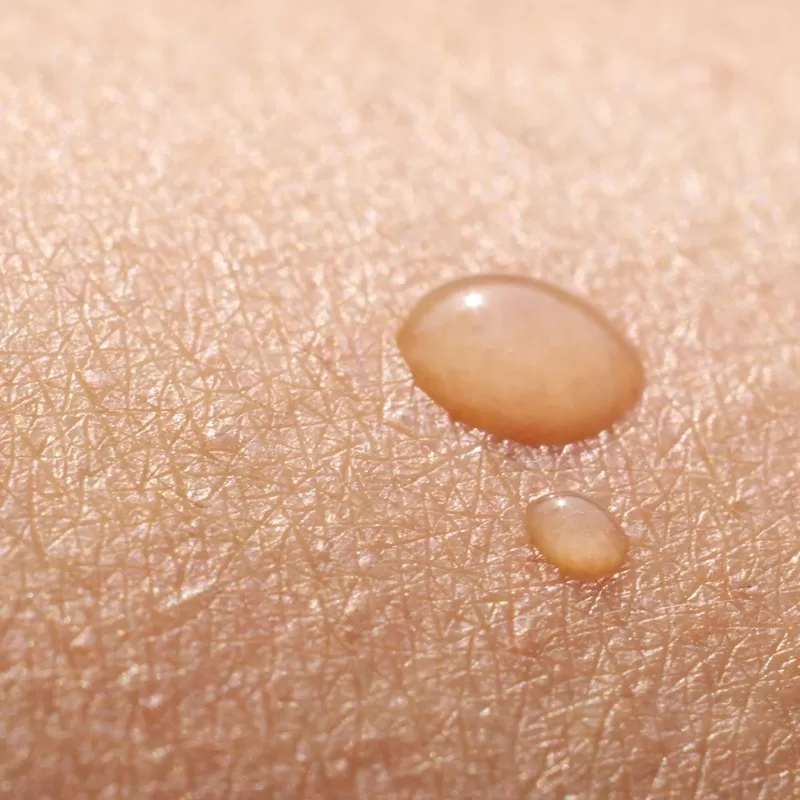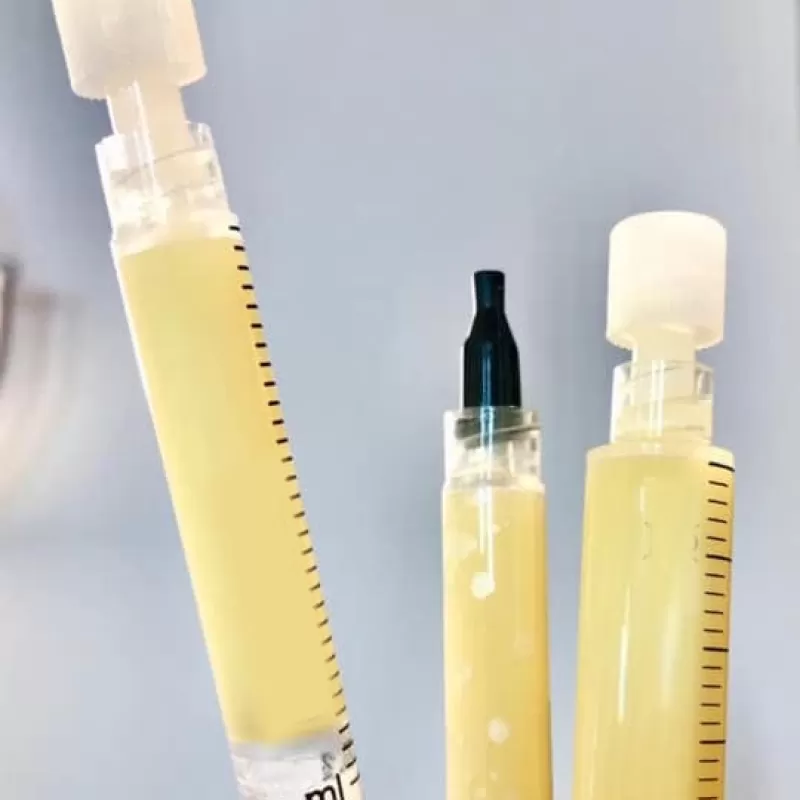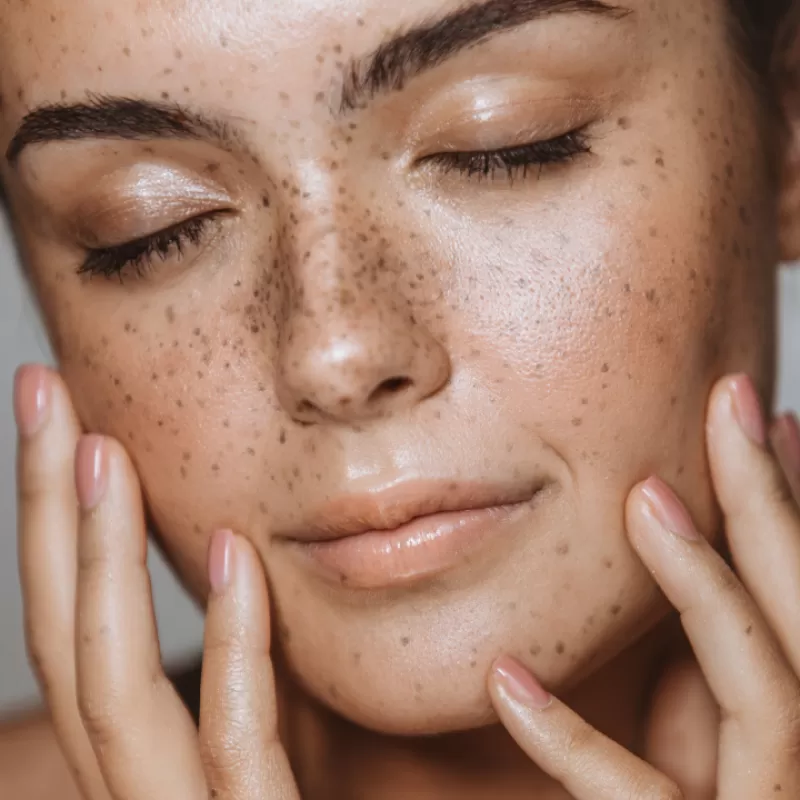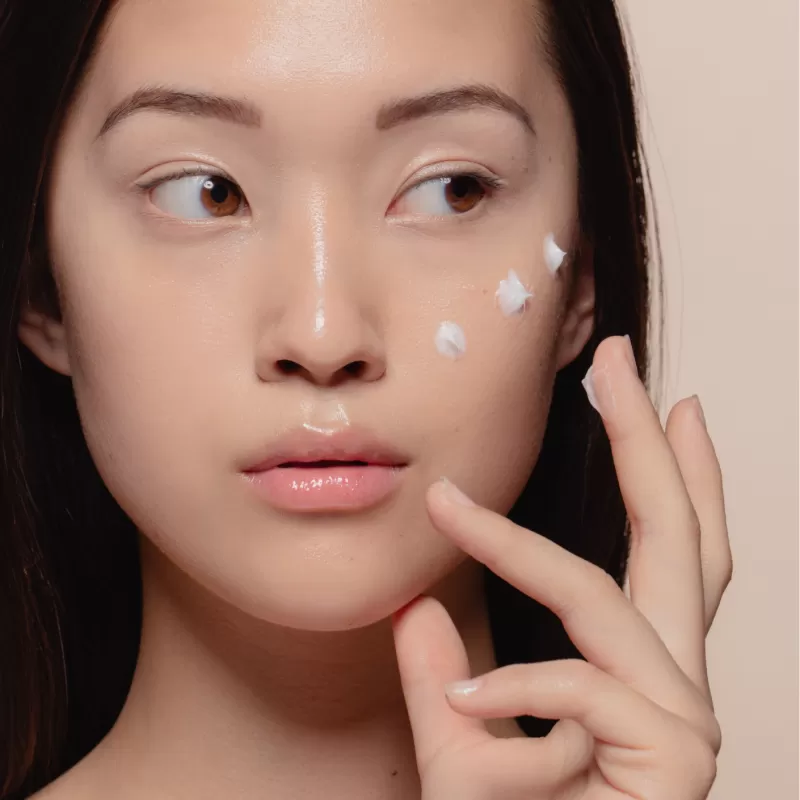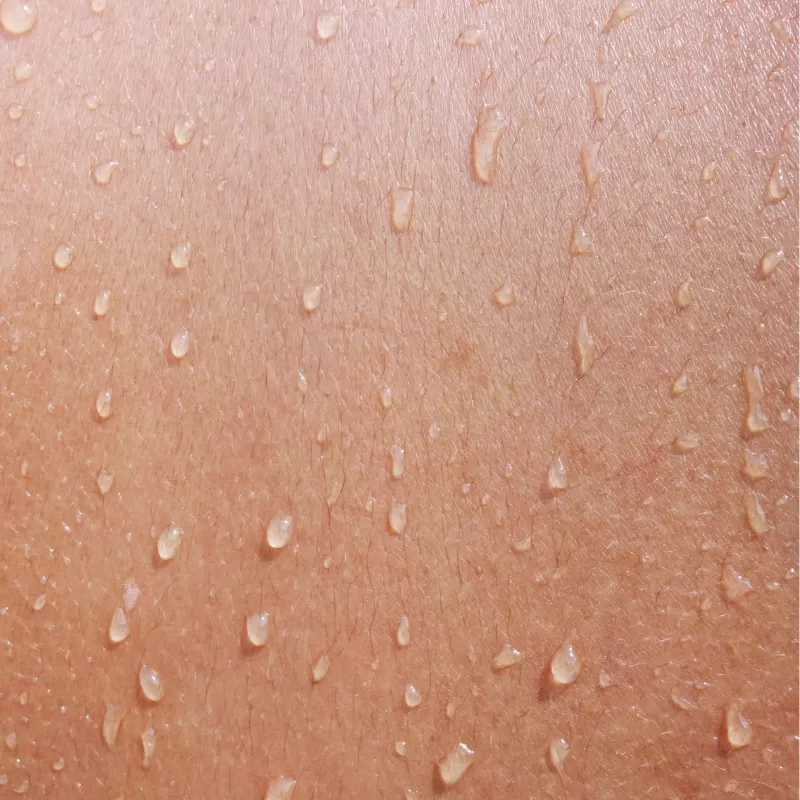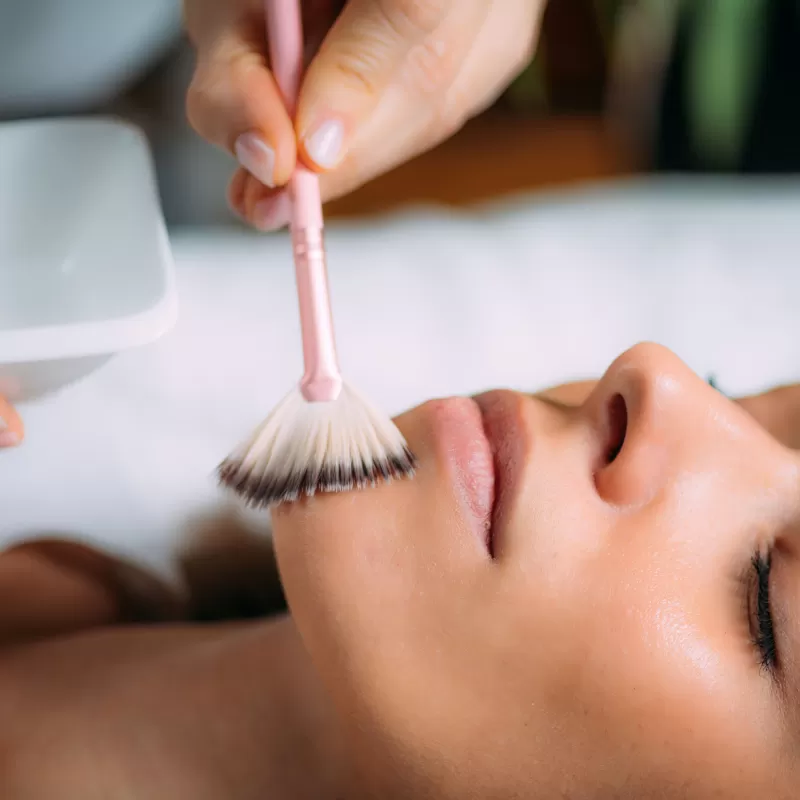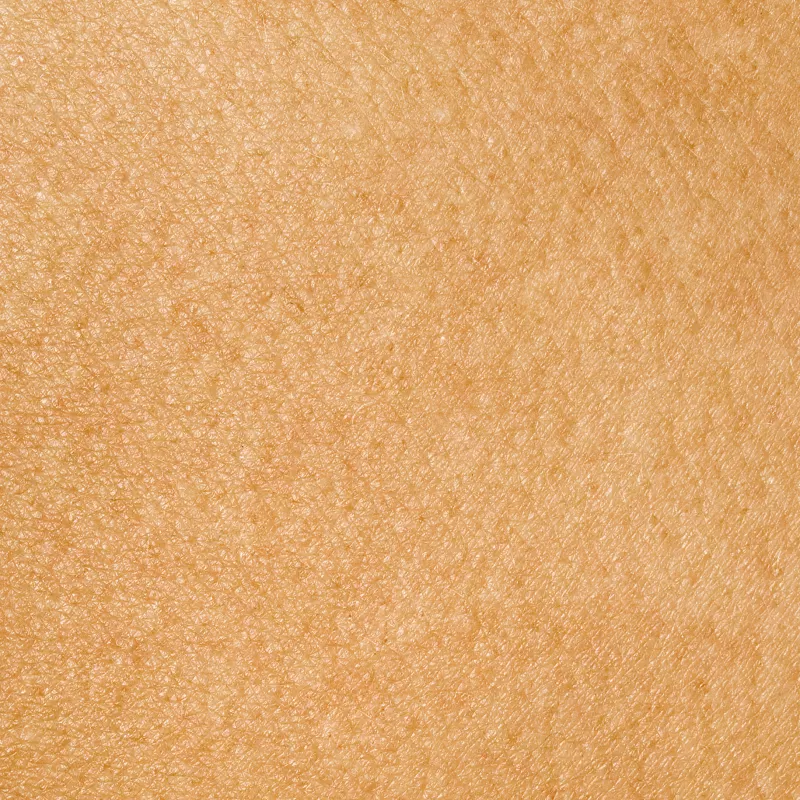Dry and Sensitive Skin
Dry and Sensitive Skin
Dry and Sensitive Skin
Condition
Revitilise, rehydrate and reset dry and dehydrated skin. Our team at the R Clinic have the expertise to diagnose and treat your dry and sensitive skin, helping to restore balance to your complexion.
What is Dry and Sensitive Skin?
What is Dry and Sensitive Skin?
Dry skin is often a misunderstood skin condition, with two factors forming the basis of dryness: lack of water and lack of oil. Due to these factors, there are two types of dryness: water dryness (dehydration) and oil (lipid) dryness. It is possible to be suffering from both or just one of these types of dryness, Dry skin is often a temporary condition that results in tight, itchy, rough or flakey skin texture.
Signs that you might be experiencing dry skin include sensitive, dull, itchy skin which can feel tight and can be flaky.
What causes Dry and Sensitive Skin?
What causes Dry and Sensitive Skin?
Common causes of dry skin include – frequent showers, use of harsh soaps, poor skincare habits, ageing, or certain medical conditions. And for those in colder climates, it can stem from the cold, dry winter air. Water intake can also influence your skin, if you simply aren’t hydrating your body, your skin can’t keep hydrated.
Dry skin occurs when the skin doesn’t retain sufficient moisture. Our skin’s magic barrier (stratum corneum) helps keep our skin’s hydration in check and balances our levels of moisture. When this barrier is compromised or is out of balance with reduced oil levels, our skin can lose its moisture leading to dry, dull and rough skin.
How can we help?
How can we help?
Bringing balance and restoring your skin’s natural moisture barrier is important to reviving dry and dehydrated skin. At the R Clinic we have a range of medi-aesthetic treatments and cosmeceutical skin care to help you achieve hydrated rejuvenated skin.
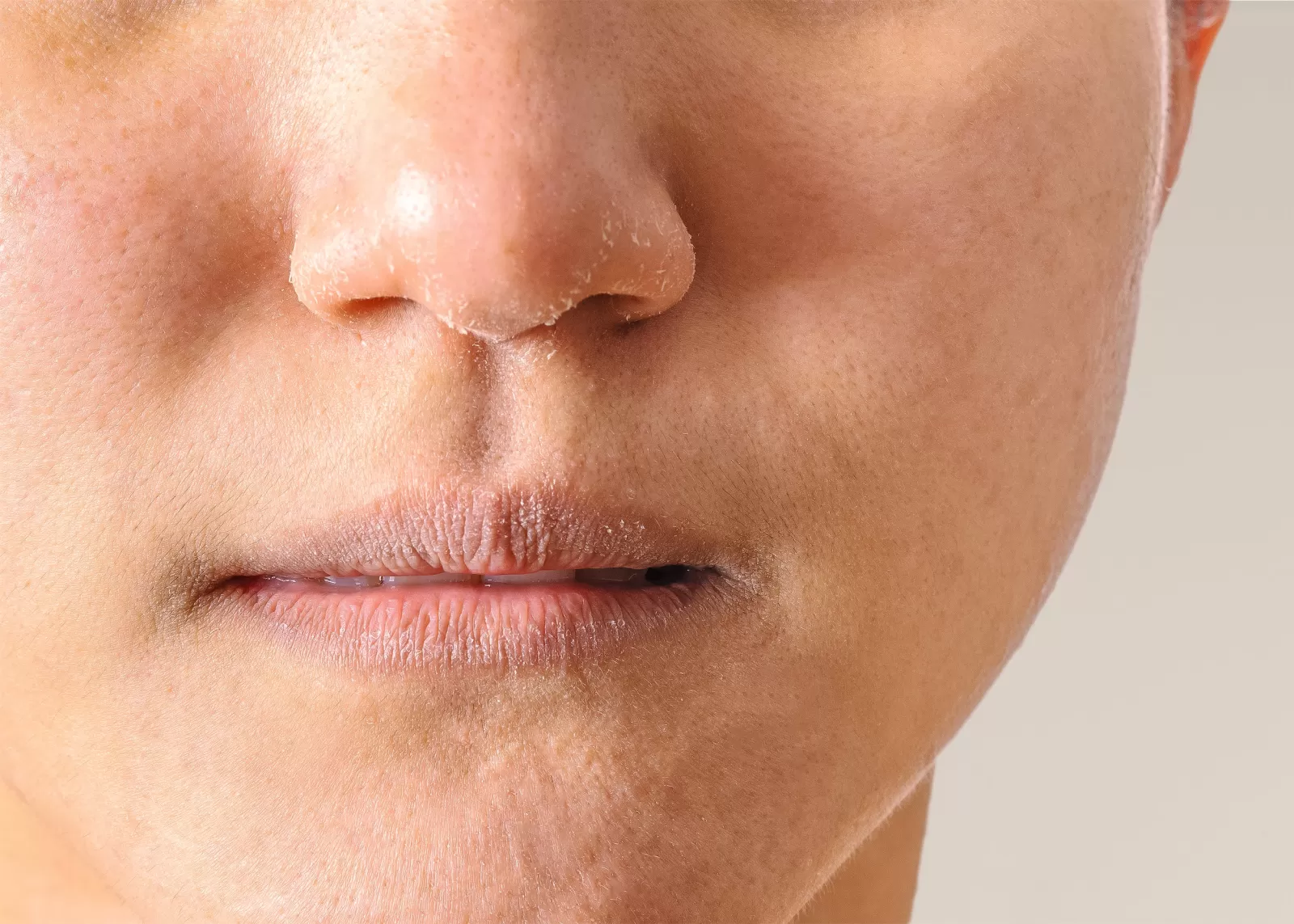
FAQ
Have further questions or want to learn more?
Who is more likely to develop dry skin?
According to the American Academy of Dermatology Association (AAD), some people are more at risk of dry skin. They include:
- people over 40 — as people get older, their skin makes less oil
- people with brown, black, or fair skin
- people with jobs that mean their hands are in water a lot, such as nurses and hairdressers
- people who live in cold climates
- people who smoke
What moisturizer can help with my dry skin condition?
t is important to select a moisturizer that contains the right amount of active ingredients, such as urea, ceramides, lactic acid, hyaluronic acid, or glycerol to heal your skin. The right mix will hydrate your skin and restore its outer layer. Some patients with severe dry skin may need a prescription moisturizer. Speak to our team to find the right moisturizer for you.
What happen if my dry skin is not properly treated?
Dry skin does not usually signal an underlying medical condition. Most cases are treatable with either self-care or medical assistance.
If left untreated, dry skin may lead to the following complications:
- Infection – When dry skin cracks, harmful microorganisms, such as bacteria and viruses, can get into the body. This may lead to infections.
- Permanent skin changes – In the long run, lots of scratching can lead to permanent changes to the skin, such as thickened patches, permanent itching, or skin discoloration.
What medication likely can affect skin hydration status?
Some medicines can affect the balance of fluids in the body and lead to dry skin. They include:
- diuretics
- laxatives
- antacids
- antihistamines
- blood pressure medication
What are the remedies for dry skin?
- Choose short showers over baths
- Choose a non-alcohol-based moisturizer
- Use a mild non-soap skin cleanser
- Place a humidifier in your home or add it to the central heating system to maintain the air moisturized during the winter and in dry weather
- Avoid itchy clothing
- Avoid rubbing or scratching the skin
